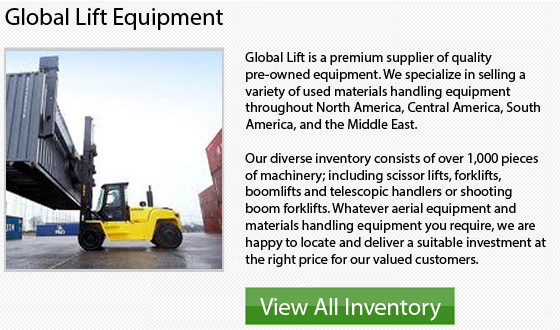
There are some advantages and disadvantages to utilizing both electric and internal combustion (IC) trucks.
Electric engines cost less to maintain over their lifetime as they need much less maintenance. The battery must last at least five years if the manufacturer's charging and maintenance guidelines are followed. Costs for overnight charging are generally low. Electric trucks tend to be highly maneuverable and compact units, specially the models with three wheels. Drive, tilt, lift, acceleration and auxiliary speeds are adjustable and can be changed depending on the preferences of the driver and the use. Electric trucks are easier on the environment and are quiet.
Not suitable to be utilized during wet conditions are electric trucks. Because of the need for battery recharging, they cannot be used continuously. They are not suited to rough terrain. The energy consumption is high on ramp work and continuous high lifts.
Best to be continuously used outdoors and on surfaces that are uneven is the advantage of an IC engine diesel/LPG. With no need for battery charging, the forklift could be used during the evening and overnight. Supply and transport of fuel must be factored into costs. Initial costs are less than for an electric truck, but long term costs connected to fuel and maintenance are higher. IC engines have larger capacities than electric, but less adaptability. LPG could be utilized in several indoor applications. IC Engine diesel/LPG produces higher emissions and more noise than electric. LPG has lower emissions than diesel.